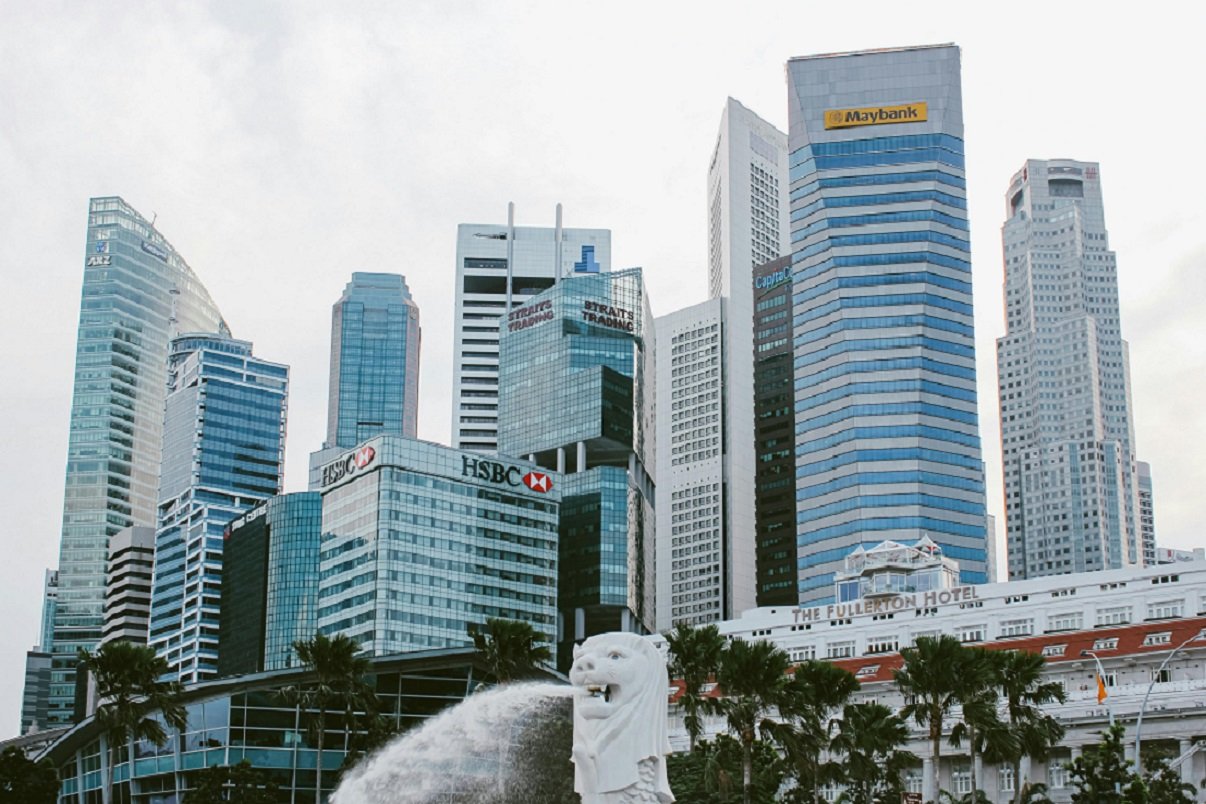Two months ago, Islamabad secured a three-year EFF agreement with the IMF aimed at achieving macroeconomic stability and inclusive growth.
IMF approves $7 billion bailout package for Pakistan. The International Monetary Fund (IMF) on Wednesday approved an Extended Fund Facility (EFF) of $7 billion for Pakistan.
The decision was taken during the Executive Board meeting chaired by IMF Managing Director Kristalina Georgieva in Washington, in which Pakistan was at the top of the agenda.
Pakistan is expected to receive the first tranche of $1.1 billion by September 30, and the second tranche will also arrive within the same fiscal year once the loan program is approved.
The loan from the IMF will be given at an interest rate of less than 5 percent.
Speaking in New York earlier, Prime Minister Shehbaz Sharif said that he has fulfilled the strict conditions of the IMF and thanked Saudi Arabia, China and the United Arab Emirates and stressed that it would not have been possible without their support. was not
Two months ago, Islamabad secured a three-year EFF agreement with the IMF aimed at achieving macroeconomic stability and inclusive growth. The country also completed a $3 billion debt program in April and received credit rating upgrades from Moody’s and Fitch Ratings last month.
The ruling coalition government has taken steps towards structural reforms and highlighted the recent reduction in the policy rate, saying any borrowing would be on the government’s terms.
Primary goals of new deal
The primary goals of the new bailout package include stabilising Pakistan’s economy by consolidating public finances, rebuilding foreign exchange reserves, and reducing fiscal risks from state-owned enterprises. The programme also aims to create a more conducive environment for private-sector-led growth.
The loan deal, finalised in July, was contingent on Pakistan securing $12bn in financial commitments from key allies such as Saudi Arabia, China, and the UAE.
Pakistan secured $5bn in deposits from Saudi Arabia, $4bn from China, and $3bn from the UAE. An additional condition from the IMF required Pakistan to obtain $2bn in external funding from bilateral and commercial sources.
The remaining financing gap of $2-2.5bn was bridged through various means, including Saudi Arabia’s oil facility, a $400 million loan from the International Islamic Trade Finance Corporation (ITFC) and contributions from Middle Eastern commercial banks, such as Standard Chartered Bank.
The fears of approval were laid to rest after the State Bank Governor Jameel Ahmad said that Pakistan planned to raise up to $4bn from banks by the next fiscal to plug the gap. According to him, Pakistan was in the “advanced stages” of securing $2bn in additional external financing required for IMF approval.





